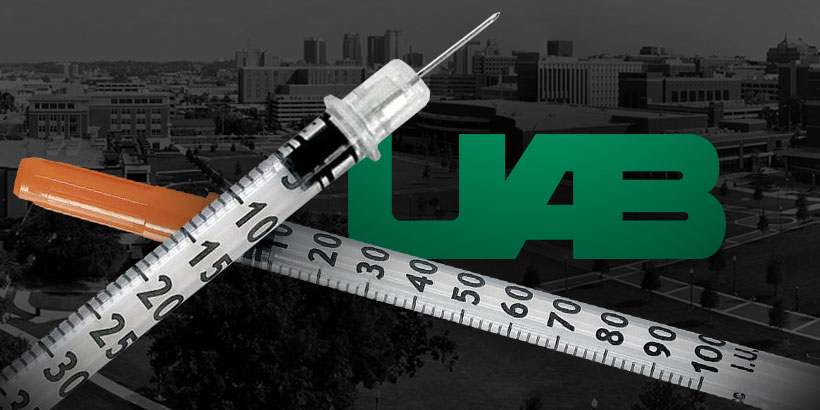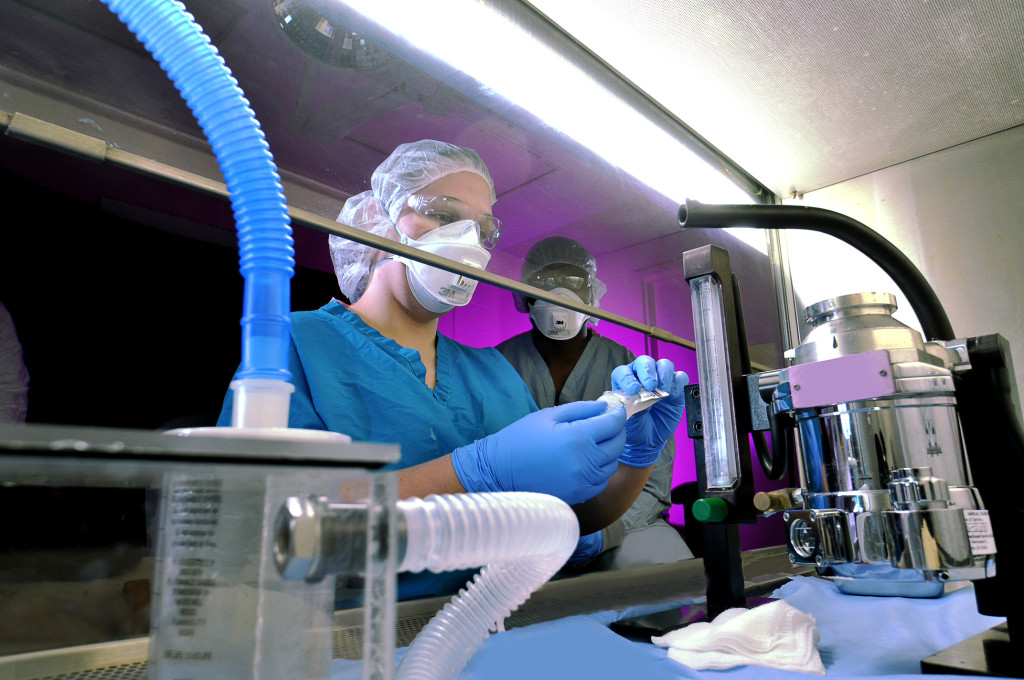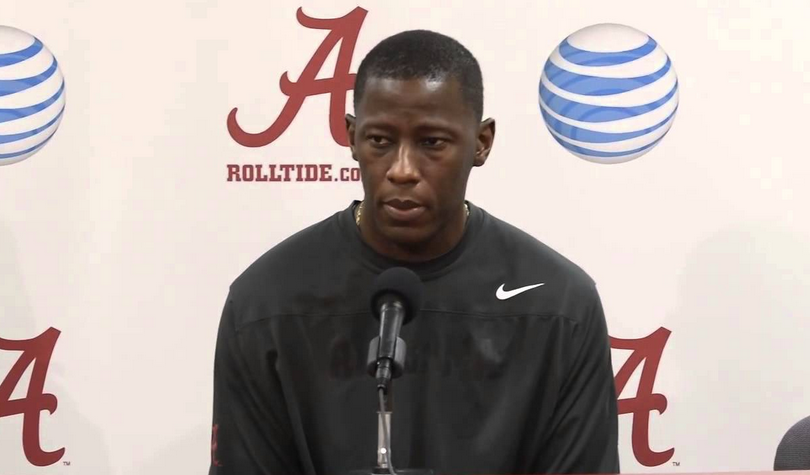
BIRMINGHAM, Ala. — A new study from researchers at the University of Alabama at Birmingham (UAB) could radically change how Americans eat when trying to shed body fat and get healthy.
According to a story from UAB News, UAB Nutrition Obesity Research Center researchers Kevin Fontaine, Ph.D., and Amy Goss, Ph.D. are enrolling participants who are 60 years or older and have a Body Mass Index (BMI) of more than 30. The participants will take part in a two-month dietary intervention in which they will be randomized to either a lower-carbohydrate/higher-fat diet or a low-fat/high-carbohydrate diet group.
“We’re looking at a diet low in carbohydrates and higher in fat compared to a low-fat, higher-carbohydrate diet — the typical American diet — which is traditionally thought of as healthier,” said Dr. Fontaine.
In other research conducted by Dr. Goss, the transition to a low-carb, higher-fat diet (think meats, eggs, seeds, nuts, and other whole foods instead of pasta and bread) has been beneficial to healthy overweight/obese adults younger than 65 years and women with polycystic ovary syndrome.
“We saw phenomenal results in these study groups’ consuming a reduced-carbohydrate diet,” Dr. Goss explained. “They depleted body fat, maintained lean mass, lost visceral fat — the kind associated with disease — and had improvements in insulin sensitivity, likely lowering risk of type 2 diabetes.”
Some participants in the new study will receive higher-carb cereal bars, and some will be instructed to eat three or four eggs a day. The groups will be chosen randomly, will be given the same nutritional counseling, and the researchers will not know which participants received which diet.
“Our emphasis won’t be on losing weight, but on nutritional intervention to improve health function and quality of life,” said Dr. Fontaine. “But weight loss might also be a result.”
Additional research at UAB, published in 2014, found that a low-carb diet can be used to successfully manage type 1 Diabetes, and could even help reverse type 2 Diabetes.
“For many people with Type 2 diabetes, low-carbohydrate diets are a real cure,” said Dr. Barbara Gower. “They no longer need drugs. They no longer have symptoms. Their blood glucose is normal, and they generally lose weight.”
If you want to participate in UAB’s study, call 205-975-7202
Like this article? Hate it? Follow me and let me know how you feel on Twitter!
— Elizabeth BeShears (@LizEBeesh) January 21, 2015











